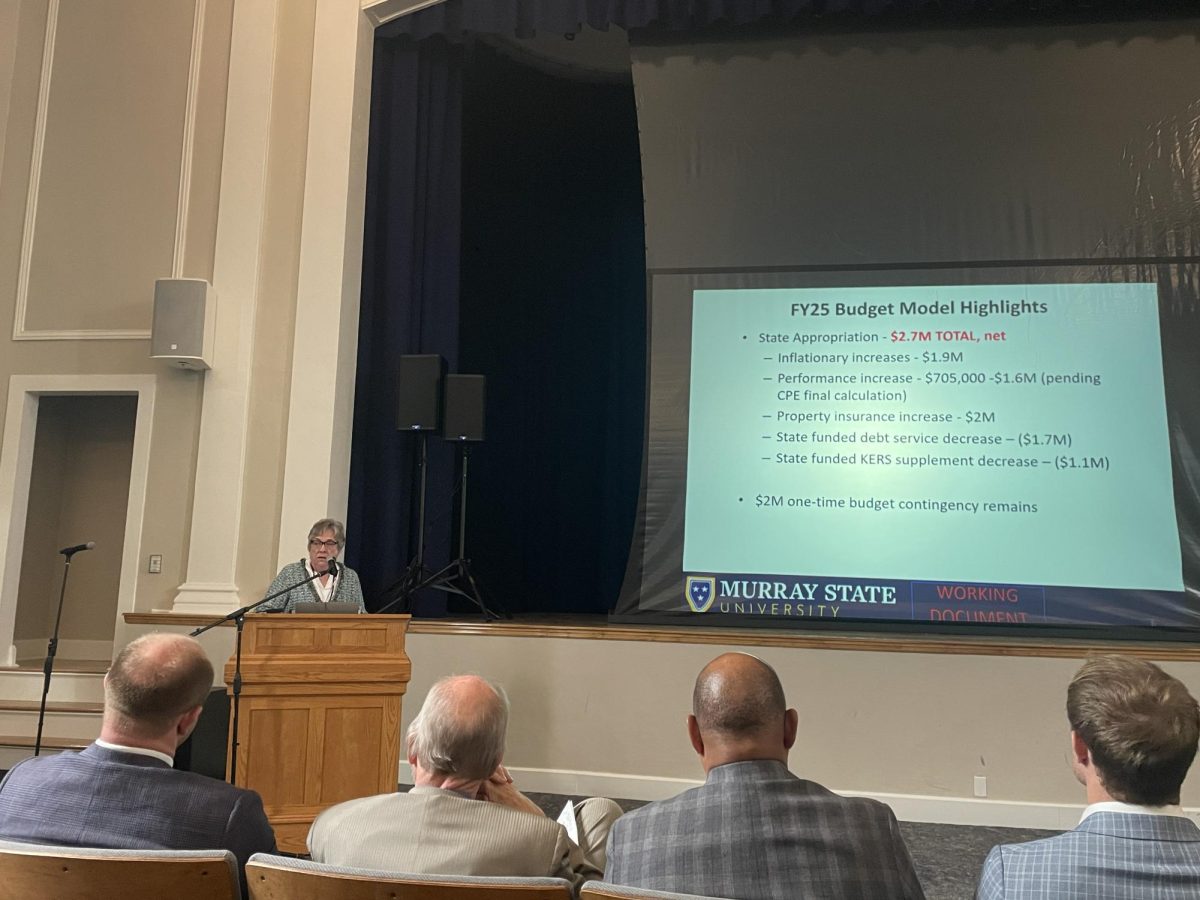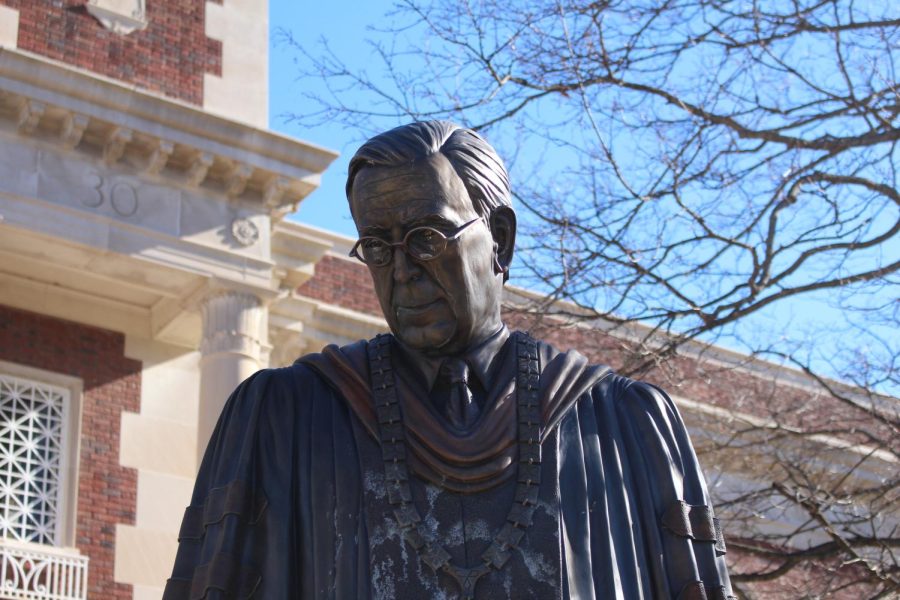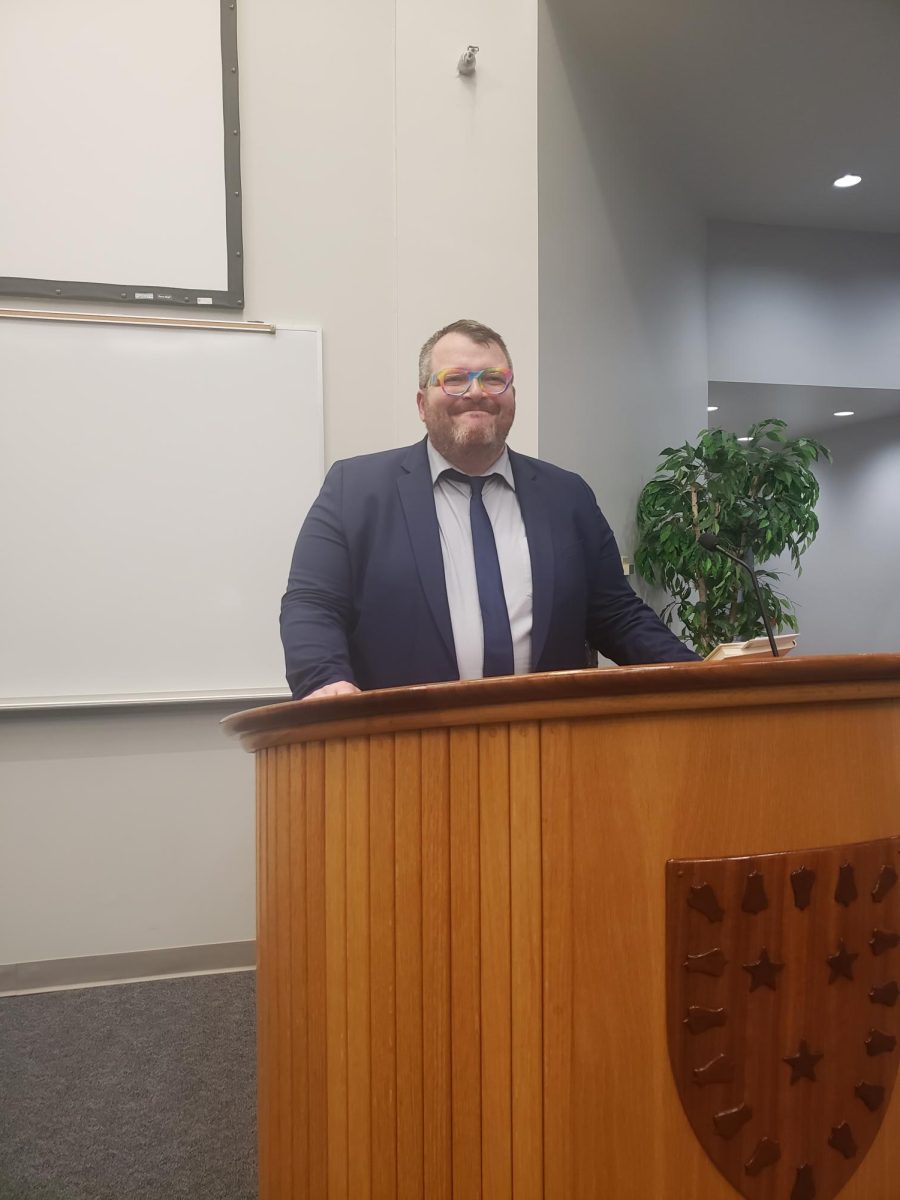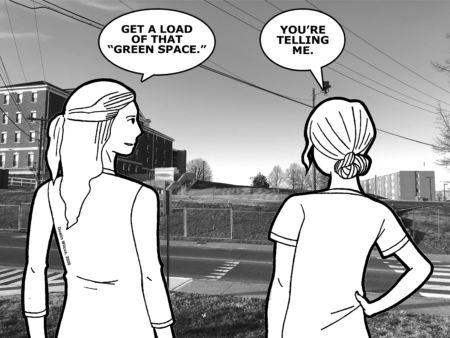Sometimes the system works. This is one of those times, thanks to United States District Judge Andrew Hanen. Political science classes have a case study unfolding before them. Hopefully, media will report it objectively.
Judge Hanen’s preliminary injunction on the President’s Executive Order regarding immigration is a manifestation of the most basic of constitutional principles: checks and balances. It is essential to our republic that no one branch of government be too powerful.
There’s a lot going on here. Let me try to unpack it.
First, this is not just about immigration. That’s what the executive order concerns but not the issue at hand. The issue at hand is the limit of presidential authority. The executive branch does not have the law-making powers of Congress. That’s what the legislative branch is for. It’s full of elected people who are supposed to represent the interests of those who put them there. Judge Hanen recognizes this first principle.
The judiciary’s job is to determine whether acts of congress or the executive branch comport with the Constitution. It’s a pretty regular occurrence that congressional action is enjoined. Now we have a court saying “no” to an executive order. Not so common.
News reports will attempt to frame this as an immigration issue. Immigration reform is an important topic that deserves much attention. Let’s assume for a moment that the Executive Order is entirely noble and excellent policy. There is much human suffering and exploitation of many who want to share in the American experience. But, hard cases make bad law.
This legal axiom posits that cases decided out of sympathy may create devastating consequences by establishing dangerous precedent. Allowing this ultra vires use of executive authority would be dangerous.
Good thing Judge Andrew Hanen is on the job.
The injunction is preliminary, which means temporary. Maybe it will become permanent. The executive branch will have its day in court. Until then, this is a wise decision.
Otherwise, the cat’s out of the bag, there’s toothpaste that can’t put back in the tube and a bell that can’t be un-rung. Once millions of people are granted citizenship without doing so by established legal procedures, the legislative function is circumvented, and there’s no going back. This is not a contest among political parties as much as an existential threat to our very system of representative government.
Of course, this is being politicized already. NPR describes Hanen as a “George Bush nominee.” Then they report the president’s approval rating as, ostensibly, 50 percent. Maybe President Obama can make good on FDR’s threat.
Franklin Roosevelt’s use of Executive Order was even more extensive than President Obama’s. He was popular, too. Back in 1937, federal courts were doing a little check and balance on him. FDR publicly opined that the Supreme Court had too many cases too decide. They needed help. He was ready to provide that help by expanding the number of justices and packing the bench with his nominees. It didn’t happen. But things were tense.
Things are about to be tense again, and that’s OK.
The challenge is to see past political posturing and keep our eyes not on this hard case, but on a foundational principle. This is not about whether the nation likes President Obama. In 1937, it wasn’t about whether the nation liked FDR. It was and is about following lawful procedure.
It has often been said that we are a nation of laws not of men. Judge Hanen remembers that. He did what he is supposed to do. What the Constitution requires. He responded to the president’s signature on an Executive Order with his own Judicial Decree. Indeed, the president is afloat on a sea of sycophants. Yes, he is popular with many. Yes, immigration polices must be addressed. No, the president is not allowed to create law with his signature.
It will take many weeks or months for this to work its way through the court system. So be it. The stakes are higher than immigration issues.
Let’s let the system work, for all of us.
Column by Kevin Qualls, Professor of mass communications




































































































